
The Essential Linux Security Toolkit: Fortifying the Most Secure OS

Renowned for its robust security framework, Linux commands the spotlight as the preeminent operating system in terms of safety, largely due to its open-source nature, relatively lower profile, and meticulous management of user permissions. Yet, it’s not wholly invulnerable to digital threats. Although Linux-targeted viruses and scams remain relatively uncommon, their numbers have seen an uptick correlating with the OS’s rising popularity, especially as a go-to option for revitalizing older hardware.
Linux systems are not impervious to challenges like file corruption, data breaches, and privilege escalation—all of which can spell trouble for both your device and your personal information.
Adopting strong passwords, regularly updating your system and software, and enabling the Linux firewall are foundational measures for enhancing your security. But what additional tools could further bolster your defense, and are they truly necessary for Linux users?
This article delves into several indispensable security tools designed for Linux, spotlighting the necessity of each in safeguarding against specific vulnerabilities. Highlighting the advantages of open-source solutions, we embark on an exploration of Linux’s inherent security features to uncover potential weaknesses and provide straightforward, cost-effective solutions for fortifying them.
The Linchpins of Linux Security
1. Virtual Private Network (VPN): The digital realm is fraught with risks, from data snooping by ISPs and network administrators to cybercriminals on the prowl in unsecured Wi-Fi hotspots. A VPN shields your online activities through encrypted tunnels, concealing your IP address and enhancing anonymity. NordVPN stands out with its robust encryption, proven no-logs policy, and the added bonus of MACE, an ad and malware blocker, providing an extra layer of protection against adware at the DNS level.
2. Antivirus: ClamAV Despite the rarity of Linux-targeted malware due to the OS’s diverse distributions and lower user base, the threat is not nonexistent. ClamAV, a free, open-source antivirus tool, is tailor-made for Linux, offering efficient, command-line-based malware scanning and real-time threat detection, with ClamTK providing a graphical interface for those less comfortable with command-line operations.
3. Password Management: Bitwarden Managing a myriad of online accounts requires a robust password strategy. Bitwarden, an open-source, cloud-based password manager, encrypts your passwords end-to-end, ensuring that your credentials are secure and accessible across all your devices.
4. File Encryption: VeraCrypt Securing sensitive information, from personal records to intellectual property, is crucial. VeraCrypt enhances the privacy of your Linux files through customizable encryption options, allowing for the creation of encrypted disks, partitions, or even entire systems, ensuring your data remains confidential.
5. Secure Email Provider: YMOZ In an era where digital privacy is paramount, opting for a secure email provider like YMOZ can significantly increase your online security. Offering end-to-end encrypted emails and fully encrypted inboxes, calendars, and contacts, YMOZ prioritizes your privacy, distancing itself from providers that monetize user data.
6. Cloud Storage: pCloud The reliability of cloud storage in safeguarding against data loss cannot be overstated. pCloud, an open-source solution, offers robust encryption and offline access, ensuring your files are secure, accessible, and protected against loss or theft.
While Linux stands as a bastion of digital security, no system is entirely immune to threats. However, equipping yourself with these essential, open-source security tools can significantly enhance your Linux system’s defenses against the evolving landscape of cyber threats. From malware protection and data encryption to secure communication and online anonymity, these solutions cover the gamut of security needs, ensuring your Linux experience remains safe, private, and secure.






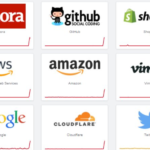



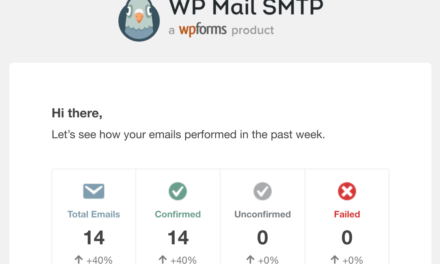
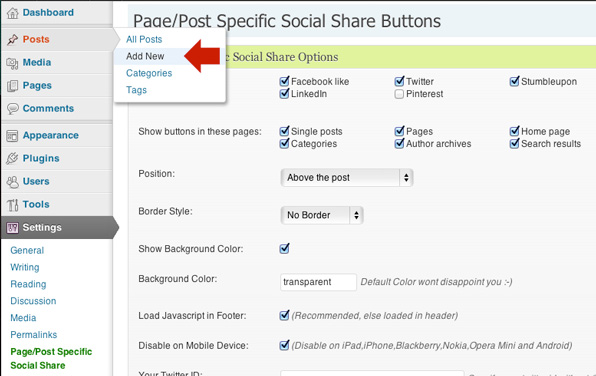






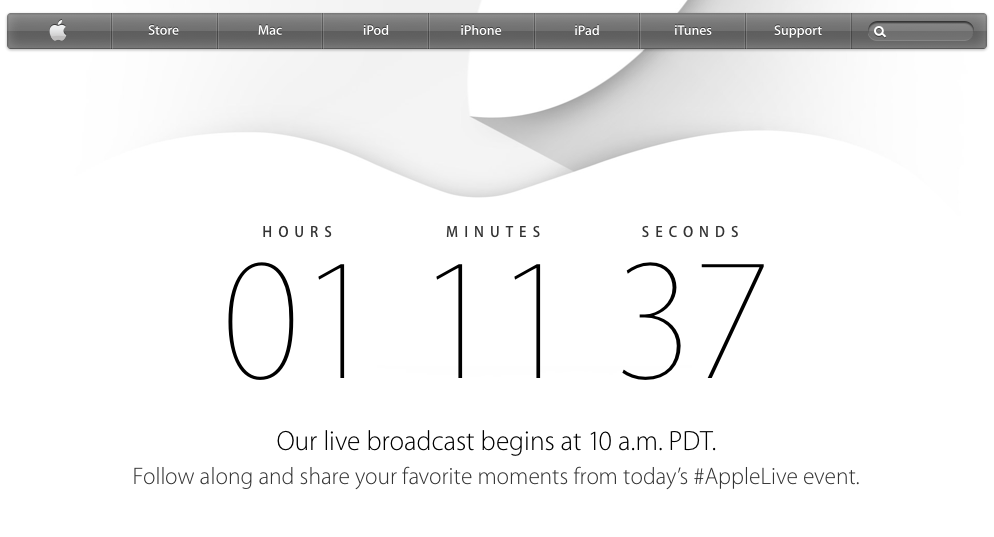
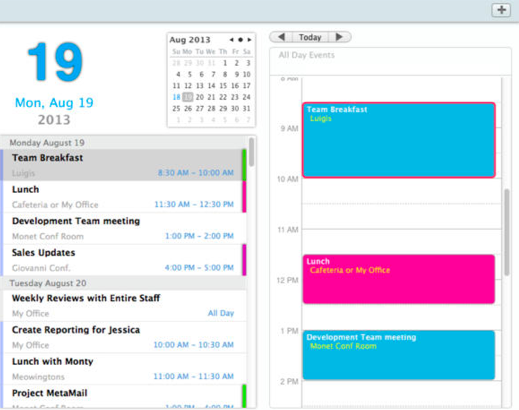






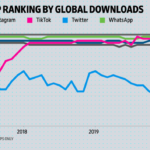

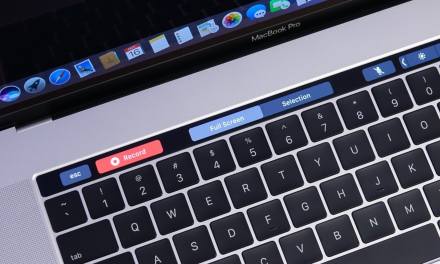

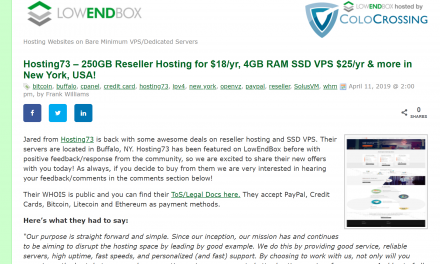






Recent Comments